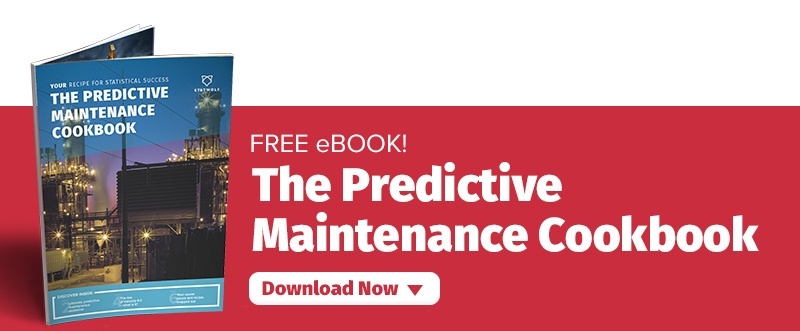Simone Says: How to make Big Data work for the average SME
By definition, Big Data is a massive endeavour – which is why many smaller or medium-sized businesses may think it’s a playground for blue-chip organisations with gargantuan budgets and a team of data scientists to hand.
However, SMEs shouldn’t be intimidated by the scope of work; instead they should embrace the potential it represents for their business.
SMEs are often uniquely positioned to use their Big Data for the following reasons:
- They are agile: Larger corporations can be lumbered by inefficient legacy systems, while SMEs are more adaptable.
- Open to new ideas: SMEs are often intuitive and built with small, centralised teams so they can more readily focus on incorporating data into their culture.
- A clean beginning: Large corporations may have reams and reams of unstructured, noisy data that will require extensive cleaning which can slow your projects down.
- Economic pacing: Many SMEs might think that data science is a massive cost – but that’s not actually the case. Any reputable third-party will phase economic estimates alongside project stage completions so companies are only ever charged for work that can actually be completed.
Big Data proliferation on the rise
According to Statista, revenue for the global Big Data industry is set to reach $92.2 billion by 2026 – that’s up over 1,000 percent from $7.6 billion in 2011. The largest Big Data segment is currently professional services, which generates around $10 billion annually – though that may change in the coming years.
So where do SMEs fit within these numbers? A report by Research and Markets forecasted that the global Big Data market for SMEs would grow at a compound annual rate of 43 percent until 2018 – which means it’s making huge strides.
Asif Javed of Accenture Middle East said that 89 percent of users surveyed by Accenture believe that Big Data will revolutionise the way business is done in the same way that the internet has.
While many SMEs may think that Big Data is beyond them, the reality is that business intelligence tools like machine learning, IoT-enabled devices, and AI are critical for growth-stage companies as data gives them the potential to automate, innovate, and improve their existing capabilities.
Potential issues facing SMEs
While the use-cases for SMEs are varied, trepidation can emerge due to a lack of understanding around what Big Data actually is. With limited knowledge, investing in data science can seem like an unnecessary risk – when the reality is that it’s always beneficial because digging into your data will unearth useful information about your business, its processes, and help to highlight any inefficiencies.
Many SMEs operate in highly specialised fields and they may not see how Big Data applies to them. Alternatively, they may think that their data is inaccessible or not right for a project.
Infrastructure can be a barrier too as Big Data projects require large computational power – as well as a specialised team to prepare, scope, and analyse the data.
Lastly, many SMEs may be weary of cybersecurity issues or data privacy concerns, especially with GDPR arriving at the end of May.
Implementing Big Data for small or medium enterprises
Before an organisation decides to implement a Big Data project, they must first assess the maturity of their data processes. Does the SME collect data and, if so, is it clean and well-organised? Is data management ad-hoc and will it require extensive denoising?
Essentially, an organisation can assess their data maturity by considering the following:
- Is data and analytics a tenet of the business strategy?
- How efficient is the organisation’s data collection, storage and retrieval management, and what percent of data is structured versus unstructured? Does your company approach data management on a localised or company-wide level?
- Do you have data science capabilities in-house or will you be relying on a third-party provider?
- Does your company have policies for data distribution, governance, and usage and are you GDPR-compliant?
Beyond the base data collection and analysis phase, the intricacies of a project will vary – though you can read more about the steps involved in a data science job here. Whether you’re an SME or blue-chip, the steps will be much the same as the data doesn’t discriminate!
While Big Data might seem like a big undertaking, it’s very much within the realm of possibility for smaller or medium-sized enterprises – and it represents a huge potential to pull ahead of your competitors.
Are you an SME looking to take advantage of your data?
Whatever your data science goals are, Statwolf's expertise can help you find the best solution for you and your business.
Our team of data scientists have worked on Big Data projects around the world so can help you with any queries you might have. Contact us today for more information or click here to get a free consultation with one of our data scientists.
Want to make sense of your data? Download our comprehensive guide: The Predictive Maintenance Cookbook.



